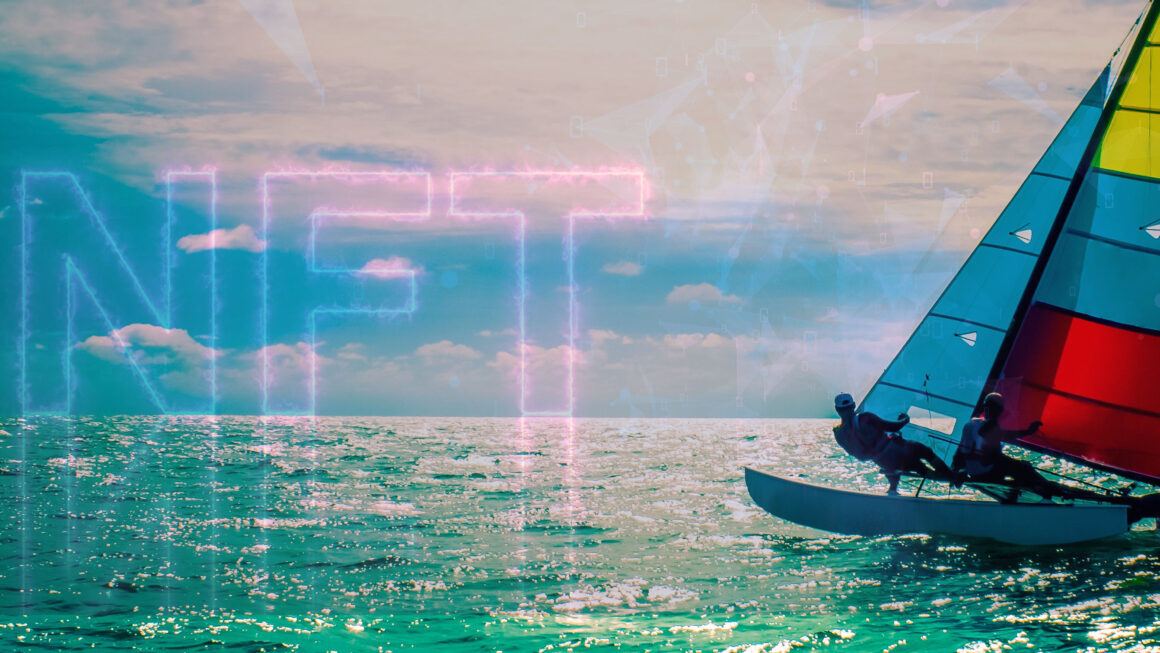|
|
Some people—mostly creators—like the fact that NFTs can be created with royalty features built into the NFT.
Others don’t like the increased cost the royalties add to NFT resales.
That battle is likely to go on among different NFT platforms. But OpenSea, one of the largest collectible NFT art platforms, has just added features that bolster the ability of creators to set and enforce royalties on their creations.
Among other things, the new features allow creators to set conditions so that NFT resales can only occur on platforms that allow the imposition of creator royalty fees.
It effectively would add code to NFTs to restrict on chain sales to royalty friendly platforms, according to theblock.co.
In announcing the enhanced features, the company said:
“It’s clear that many creators want the ability to enforce fees on-chain & we believe that choice should be theirs–not a marketplace’s–to make. So we’re building tools we hope will balance the scales by putting more power in creators’ hands to control their business model.”
OpenSea’s initiative is significant, since there has been a growing recent trend of some rival platforms to de-emphasize or even dispense with royalty enforcements on their platforms.
In August for example, OpenSea rival X2Y2 said it was effectively making royalty payments optional for NFTS bought and sold on its platform—including NFTs originally created on platforms like OpenSea, which might stipulate certain royalty percentages.
X2Y2 effectively allowed the royalty portion of payments to be something voluntary, like a “digital tip jar” to the original creators–encouraged, but not mandatory.
As Coindesk.com noted in a story about X2Y2 at the time, Royalty payments are typically only enforced “off-chain,” ie., on the level of the marketplace. An NFT seller, for instance, might transfer an NFT without using a marketplace as a middleman for the transaction, and thus avoid paying any royalty fees in the process. In such a case, an NFT buyer entering into an “off-chain” arrangement to buy the NFT, would agree to send a certain amount of money to a designated wallet of the seller (eg. an ETH wallet).
The new OpenSea features are significant, because they would add code to NFTs to enforce off-chain fees for some subsets of collections, according to theblock.co., as well as enhancing on chain enforcement options.
One problem is that while certain existing NFT collections created on OpenSea may easily allow the intended royalty feature upgrades, other NFTs created using certain smart contracts will be a bigger challenge to change.
But the overall takeaway is that in the battle over royalties, the largest NFT art and collectible marketplace appears to have staked out a clear pro-royalty position.

